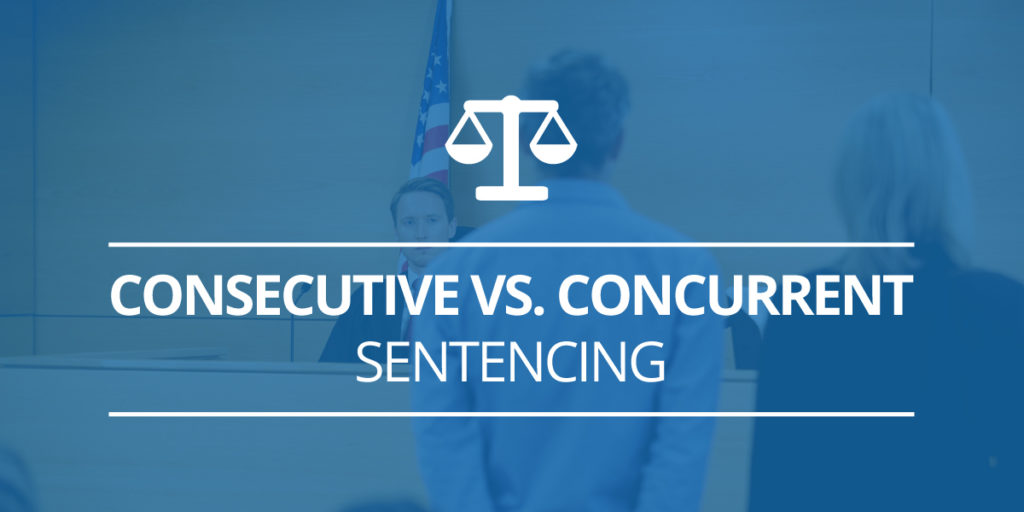
Clients often ask, “What’s the difference between consecutive and concurrent sentences?”
Quite a lot, actually!
The question applies to Clients facing criminal charges from numerous jurisdictions. For these clients, sometimes the best approach is to seek a global resolution. This can happen if the prosecutors of the different jurisdictions are willing to coordinate their efforts toward a plea bargain involving reductions and dismissals of some criminal charges in exchange for guilty pleas to other charges.
Naturally, a big question in these negotiations is whether the defendant shall serve their jail time under a consecutive sentence or a concurrent sentences. Here’s some definitions:
Concurrent sentences: When sentences run concurrently, defendants serve all the sentences at the same time. This outcome is favorable to the defendant.
Consecutive sentences: When sentences run consecutively, defendants have to finish serving the sentence for one offense before they start serving the sentence for any other offense. This sentence outcome is not favorable to the defendant.
To illustrate the point, in State v. Brown the WA Court of Appeals recently held that firearm enhancements must be served consecutively in cases in which the defendant was 18-years or older when s/he committed the crimes.
BACKGROUND FACTS
A jury convicted Mr. Brown of four counts of first degree robbery, one count of attempted first degree robbery, two counts of second degree assault, and one count of attempting to elude a pursuing police vehicle. Five of the convictions included firearm enhancements, which are increased sentencing penalties.
At sentencing, the State recommended a sentence of 381 months. The State recommended five firearm enhancements ran consecutively to each other and to Mr. Brown’s base sentence of 129 months. The trial court imposed the State’s recommended sentence. Brown appealed.
COURT’S ANALYSIS & CONCLUSIONS
The Court of Appeals raised and dismissed Mr. Brown’s arguments on appeal. It reasoned that under the Sentencing Reform Act – and specifically, RCW 9.94A.533(3)(e) – all firearm enhancements require prison time and shall run consecutively to all other sentencing provisions, including other firearm or deadly weapon enhancements.
“Brown’s sole claim is that he is entitled to resentencing because the sentencing court erroneously believed it lacked the discretion to depart from the required term of confinement for a firearm enhancement. We disagree.” ~WA Court of Appeals
To support its reasoning, the WA Court of Appeals relied on State v. Brown (no relation) a WA Supreme Court case which held that Washington law deprives sentencing courts of the discretion to impose an exceptional sentence with regard to firearm enhancements.
“In any event, a decision by the Washington Supreme Court is binding on all lower courts of the state,” reasoned the WA court of Appeals. “This court does not have the
authority to overrule Brown.”
With that, the Court of Appeals upheld Mr. Brown’s lengthy prison sentence.
My opinion? Again, if a defendant is convicted of a number of crimes that carry lengthy prison terms, the difference between consecutive and concurrent sentences can be tremendous. The same factors that judges tend to consider when deciding on the severity of a sentence (for example, a defendant’s past record) also affect their decisions on whether to give concurrent or consecutive sentences.
As you can see, however, some criminal statutes require that the sentence for the crime in question be served consecutively to any other crime committed in the same incident.
Please contact my office if you, a friend or family member face criminal charges involving the possibility of concurrent or consecutive sentencing. It’s crucial to hire an experienced criminal defense attorney who understands the law.






